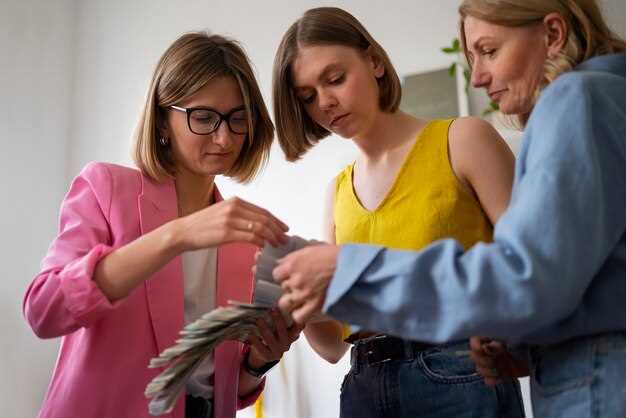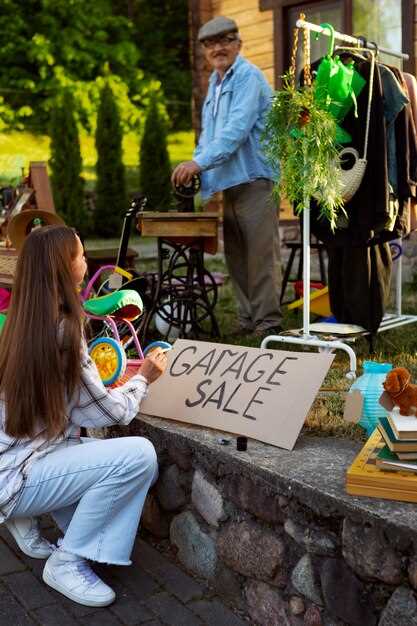
For many enthusiasts, the thrill of collecting vintage cars is unparalleled, and participating in auctions offers a unique opportunity to acquire rare and collectible vehicles. However, for first-time collectors, navigating the auction landscape can be daunting. Understanding the intricacies of auction buying is essential to ensure a successful and rewarding experience.
In this guide, we will delve into the key aspects of auction buying tailored specifically for those new to the world of vintage cars. From comprehending the auction process to identifying important factors that influence a car’s value, we aim to equip you with the knowledge needed to make informed decisions.
Grasping the nuances of auction houses, the significance of pre-auction research, and mastering bidding strategies can make a substantial difference in your collecting journey. Whether you’re after a classic muscle car or a timeless luxury vehicle, our guide will set you on the right path to becoming a successful collector.
Understanding Auction Formats: Classic vs. Online Bidding

When it comes to purchasing cars, understanding the different auction formats is crucial for first-time collectors. There are primarily two types of auctions: classic (or live) auctions and online bidding. Each format has its unique characteristics and requires specific strategies to maximize your chances of success.
Classic auctions are held in physical locations, where participants gather to bid in person. This format allows for an immersive experience; bidders can inspect cars up close, engage with the auctioneer, and feel the excitement of live competition. One significant tip for classic auctions is to arrive early to thoroughly inspect the cars you are interested in, as this can influence your bidding decisions.
On the other hand, online bidding has gained immense popularity due to its convenience. Bidders can participate from anywhere in the world, accessing a wider range of cars. Before joining an online auction, it’s essential to familiarize yourself with the platform’s bidding process and deadlines. A handy tip for online auctions is to set your maximum bid ahead of time and stick to it, avoiding emotional decisions that could lead to overspending.
Both formats have their advantages, and understanding them will help you make informed choices. Whether you prefer the thrill of a classic auction or the ease of online bidding, knowing how to navigate these environments is key to a successful car-buying experience.
Researching Vintage Cars: How to Evaluate Condition and Value

When considering purchasing a vintage car at an auction, thorough research is crucial. Evaluating the condition and value of the vehicle helps avoid costly mistakes and enhances your chances of making a wise investment.
Begin by understanding the car’s history. Look into the make, model, and year, as these factors heavily influence value. Check for production numbers, as certain models may be rarer and appreciated more by collectors. Online resources, forums, and classic car clubs can provide valuable insights and historical data.
Next, inspect the car’s physical condition. If possible, schedule an in-person inspection. Look for signs of rust, poor paint jobs, or body repairs which might indicate past accidents. Examine the engine and mechanical components closely; any signs of excessive wear or neglect can significantly decrease a vehicle’s value.
Pay attention to the interior, including upholstery, dashboard, and electronic systems. Vintage cars should retain their original parts as much as possible, as modifications can detract from value. Gather information on whether the car has matching numbers, meaning the engine and chassis numbers sync with factory records.
Utilize online valuation tools and auction results to gauge the market value. Websites dedicated to classic cars provide auction data, enabling you to assess what similar vehicles have sold for. This comparison can inform your bidding strategy and help determine a fair price at auction.
Finally, consider potential restoration costs. If the car requires significant work, factor these expenses into your budget. Understanding the extent of necessary repairs ensures that your total investment reflects the true cost of acquiring the vintage car.
By following these tips and conducting thorough research, you’ll be better equipped to navigate the auction process and make informed decisions about vintage car purchases.
Strategies for Bidding: Setting a Budget and Knowing When to Walk Away
Participating in an auction for the first time can be thrilling yet daunting. Establishing effective bidding strategies is crucial for ensuring a positive experience. Here are some vital tips to help with budget setting and decision-making in the heat of the moment.
First and foremost, setting a budget is essential:
- Determine Your Maximum Bid: Before the auction starts, analyze the vintage items you are interested in and set a clear maximum bid for each piece. This should be based on the item’s estimated market value and your personal assessment of its worth.
- Include Additional Costs: Factor in potential buyer’s premiums, taxes, and shipping fees. These costs can significantly increase the total amount you will need to pay.
- Stick to Your Budget: During the auction, it can be easy to get swept up in the excitement. Remind yourself constantly of your predetermined limits to avoid overspending.
Knowing when to walk away is just as important as how to bid:
- Assess the Competition: Pay attention to other bidders and their strategies. If bidding goes beyond your budget early on, it may be a signal to reassess the viability of that item.
- Evaluate Item Condition: If you discover imperfections or concerns with a vintage piece during the bidding process, reconsider whether the item is worth the increased price.
- Stay Calm and Confident: Auctions can be intimidating, but maintaining composure will help you think critically. If bidding escalates beyond your set limit, refrain from getting emotional. Walk away with confidence, knowing that other opportunities will arise.
By employing these strategies, first-time collectors can navigate the auction landscape with clarity and purpose, ensuring they make informed decisions while enjoying the thrill of bidding.


